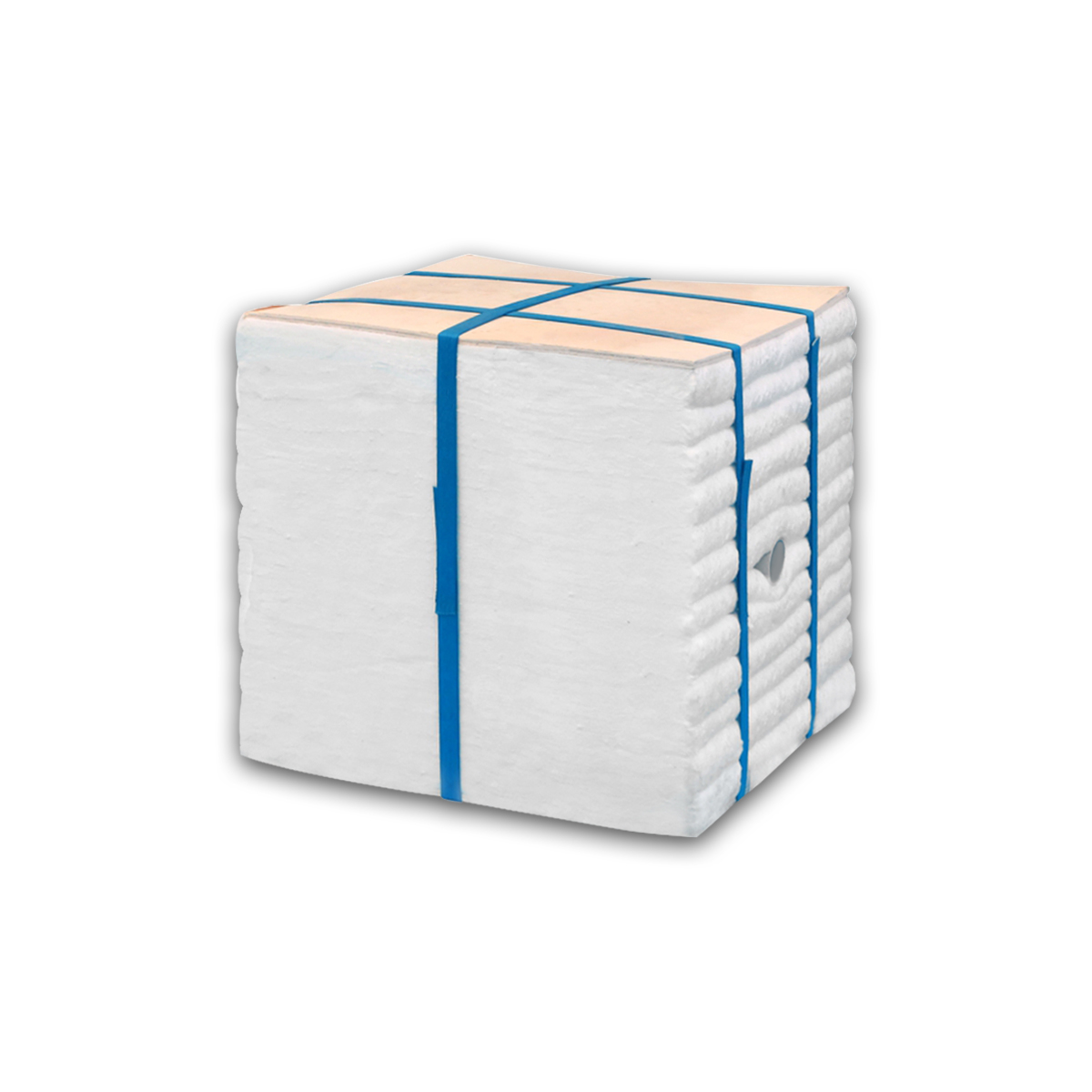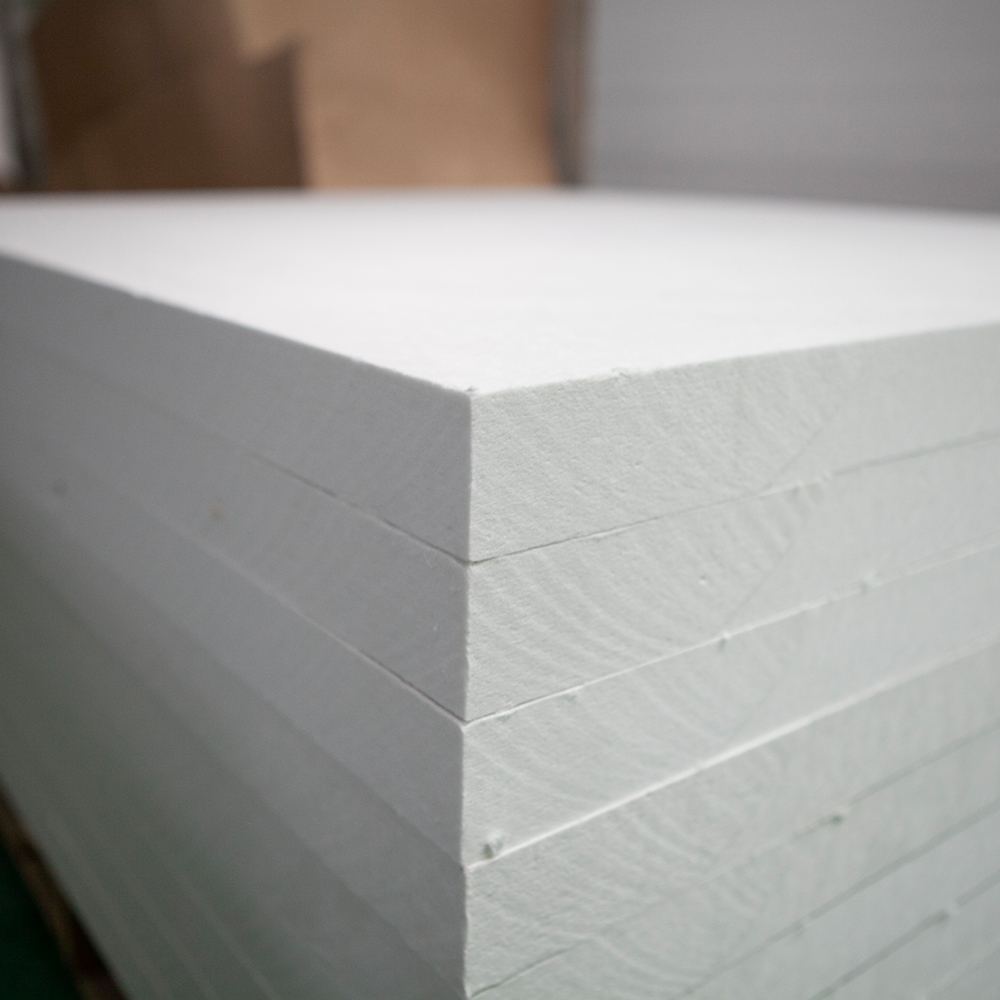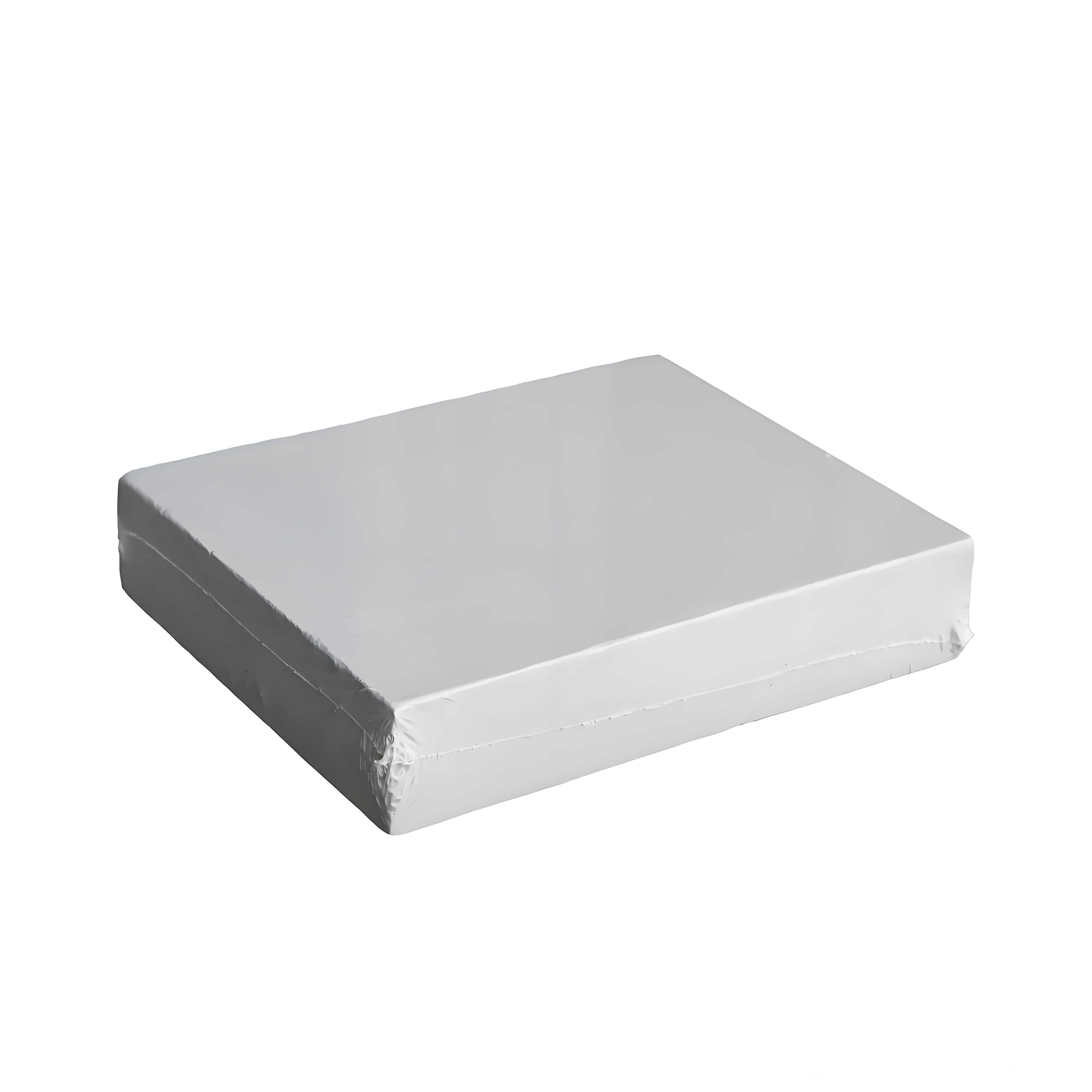Rosewool Insulation Refractory Co.,Ltd.

| Type | STD Module | HP Module | HZ Module | |
| Classified Temperature | 1260℃ (2300℉) |
1260℃ (2300℉) |
1430℃ (2606℉) |
|
| Working Temperature | 1050℃ (1922℉) |
1100℃ (2012℉) |
1350℃ (2462℉) |
|
| Density(kg/m3) | 160-260 (13-16 lb/ft3) |
|||
| Linear Shrinkage 24hrs | ≤2.5 1000℃/2012℉ |
≤2.5 1100℃/2012℉ |
≤3.5 1350℃/2462℉ |
|
| Thermal Conductivity(W/m.k) | 400℃ (752℉) |
0.09 | 0.101 | 0.118 |
| 500℃ (930℉) |
0.119 | 0.12 | 0.149 | |
| 600℃ (1112℉) |
0.152 | 0.175 | 0.195 | |
| Chemical Composition % | Al2O3 | ≥44 | ≥45 | ≥34 |
| SiO2 | ≥52 | ≥54 | ≥50 | |
| ZrO2 | ≥15 | |||
| Fe2O3 | ≤1.0 | ≤0.5 | ≤0.5 | |
| K2O+Na2O | ≤1.0 | ≤0.2 | ≤0.2 | |
| Size | 300/600*300*200-350 mm | |||
| Packing | plastic bag together with Carton or Pallet | |||

.jpg)
